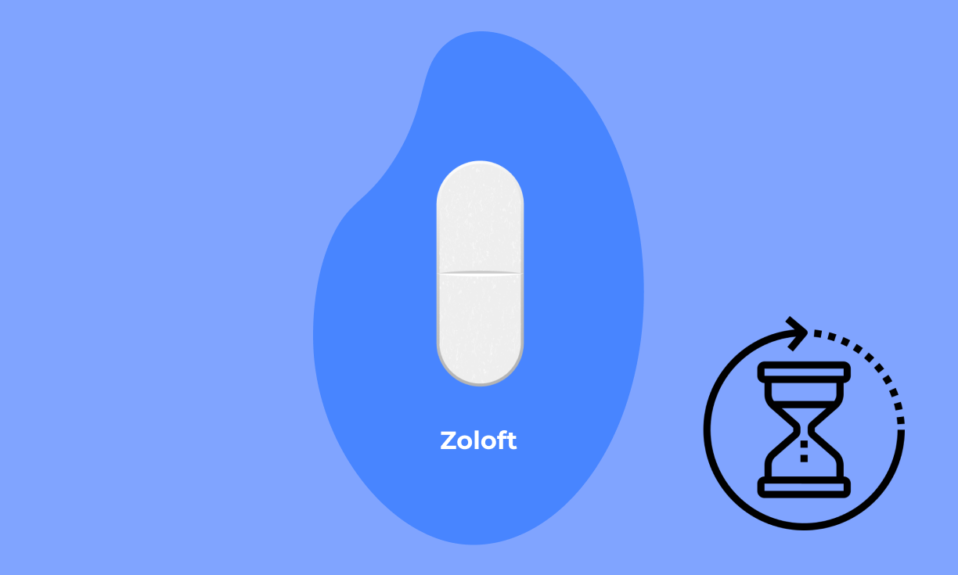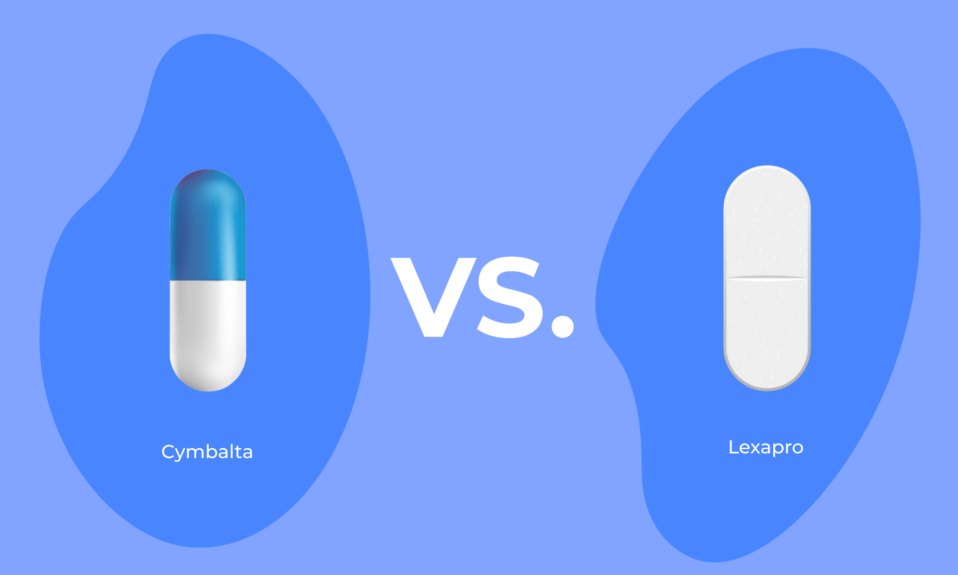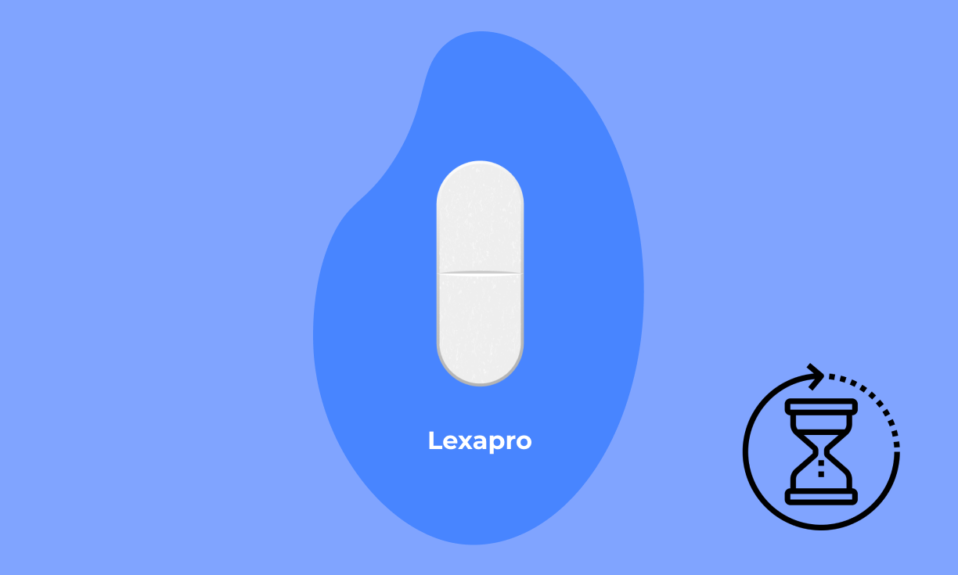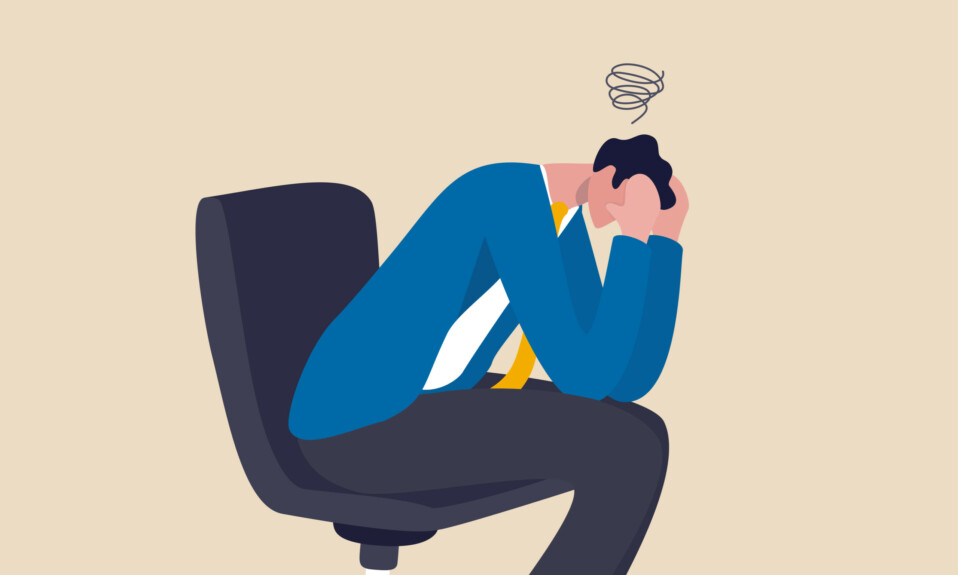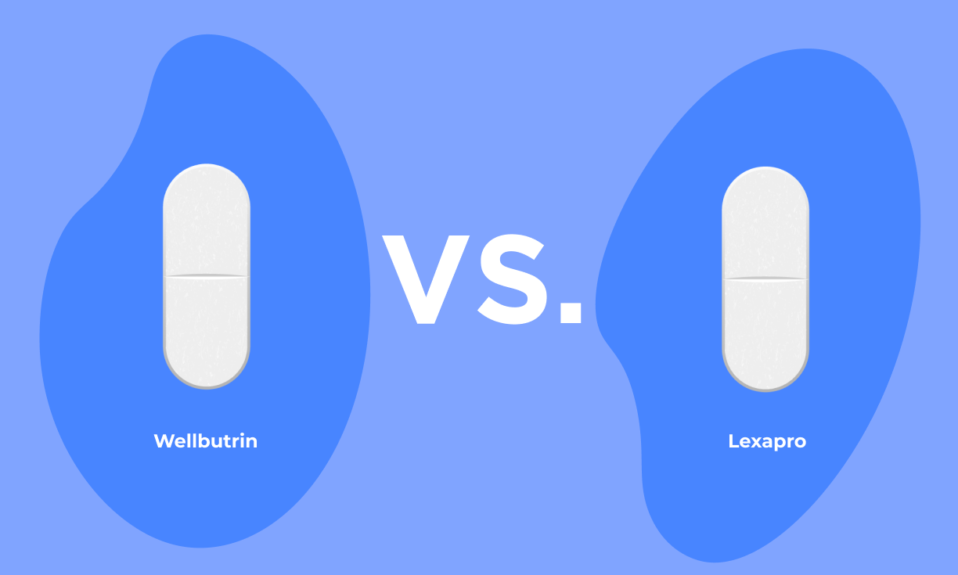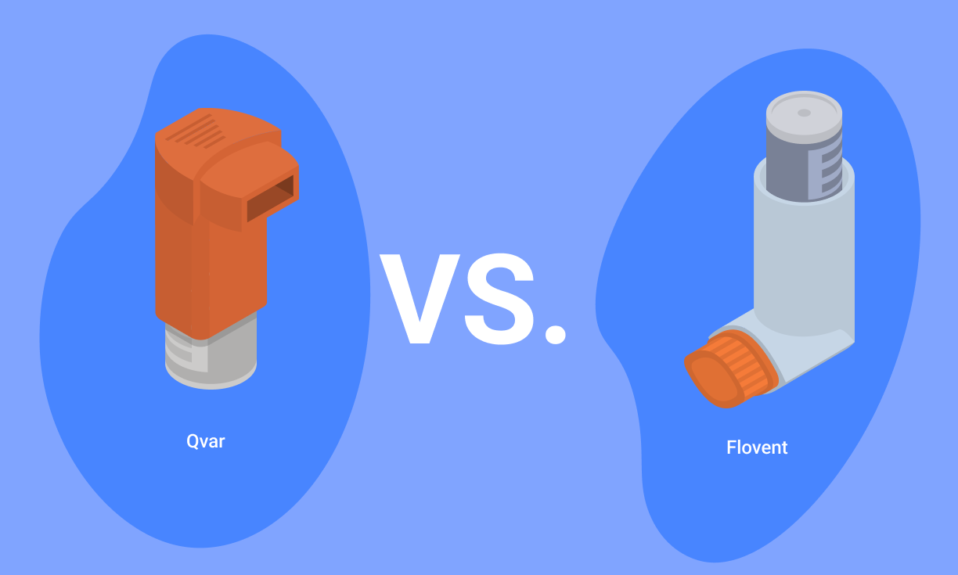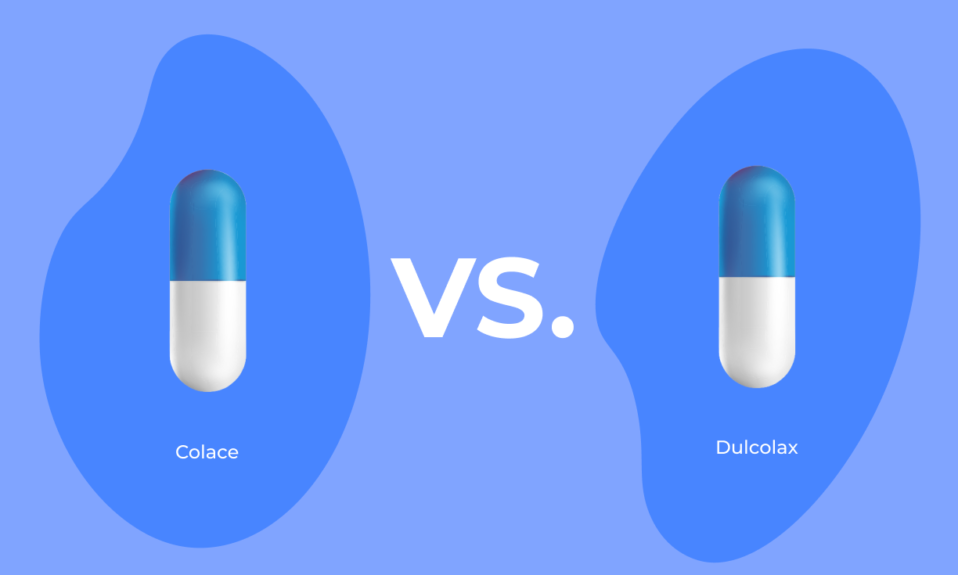Table of Contents Hide
Zoloft is a Selective Serotonin Reuptake Inhibitor (SSRIs) that is used for the treatment of psychological disorders such as MDD, PTSD, anxiety disorders, panic disorders, and OCD. The effect of Zoloft is not immediate and can take some time to show its impact, just as increasing the dose will take time to be effective.
Depression or Major Depressive Disorder (MDD) is a common psychological disorder due to trauma, imbalance of hormones and neurotransmitters, or other personal causes. The condition is taboo in many parts of the world, making it difficult for patients to reach out and ask for help and support.
The treatment for depression requires therapy and medications. Zoloft is a popular antidepressant used to manage the symptoms of depression and improve the quality of life for people who are suffering from this condition.
Today, we will discuss how long it takes for an increased dose of Zoloft to work.
What is Zoloft, and What is it Used For?
Zoloft or Sertraline is an antidepressant drug that acts on the Central Nervous System (CNS) to improve the symptoms of Major Depressive Disorder (MDD), Posttraumatic Stress Disorder (PTSD), Premenstrual Dysphoric Disorder (PMDD), panic disorder, and social anxiety disorder. In children, adults, and adolescents aging 6-17 years, Zoloft is approved for the treatment of Obsessive-Compulsive Disorder (OCD).
Zoloft belongs to a class of antidepressant drugs known as Selective Serotonin Reuptake Inhibitors (SSRIs).
Serotonin is a neurotransmitter, a brain messenger chemical that carries signals between nerve cells in the brain and is believed to be important in influencing emotions, mood, memory and sleep.
It’s thought that selective serotonin reuptake inhibitor (SSRIs) medications work by altering and increasing the balance of serotonin levels in the brain.
After carrying a message, serotonin is usually reabsorbed by the nerve cells (known as “reuptake”). It’s thought that SSRIs work by blocking (“inhibiting”) reuptake, meaning more serotonin is available to pass further messages between nearby nerve cells. This action of SSRIs regulates emotions and mood.
Prescriptions for Zoloft
Patients who have depression, PTSD, or any of the mentioned indications for a long time are often prescribed Zoloft. Doctors usually prefer to start Sertraline in low doses to avoid developing tolerance and ward off the adverse effects of the drug. These low dosages typically range from 25 to 50 mg once per day. The physician may increase this dose eventually up to 200g, but starting Zoloft from a low dosage is the most common system. Only your health care provider can determine the correct dose for you.
What Happens After You Take Zoloft?
Once you start taking Zoloft, you will not notice any immediate effects or changes in symptoms. After one to two weeks, you will start seeing some minor changes in your everyday life. This may include changes in appetite such as decreased hunger if you have been overeating or increased hunger if you have been experiencing loss of appetite, a better sleep cycle, which entails sleeping through the night but not oversleeping, and improved energy levels.
The drug’s actual effects will start to kick in once you have used them regularly for three to six weeks. By then, the subtle effects would become more pronounced, and you may experience other positive impacts. You may find more and more energy for everyday tasks; your concentration and focus may improve. The general feeling of depression, heaviness, anxiety, and emptiness may tone down with time. You might feel more friendly and ready to interact with your friends, family, and the world outside. If you have crippling depression, getting out of bed and doing everyday tasks should become easier.
While the positive effects of Zoloft can be many, not everybody will experience these effects. The medication has many adverse effects, including headaches, nausea, fatigue, restlessness, irritability, mood swings, and behavioral changes. Patients who experience these symptoms frequently and persistently are tapered off of Zoloft by their doctor in fear of worsening symptoms.
Achieving the maximum effect of Zoloft takes around 12 weeks or more.
Zoloft is a suitable medication to use regularly and long-term despite its risks of adverse effects. It can help keep the severe symptoms of depression at bay.
How Long Does it Take for Zoloft to Work?
Zoloft is an effective drug for treating depression, but it is not a magic wand and does not have an immediate effect. There is no instant cure for depression, unfortunately, and antidepressants take a while to achieve and maintain the neurotransmitter levels in the brain. Only after the serotonin and dopamine levels in the body are increased, the person starts to feel better, and the symptoms of depression subside.
It takes around two weeks for Zoloft to start working and to become prominent enough to be noticed. The maximum effect is reached between eight to twelve weeks.
This time is required because it takes just as long for Zoloft to reach a steady-state in your body which implies that the drug has been completely absorbed and is in its active form at a stable dose every day.
If your doctor has changed your dose of Zoloft to improve the effects of the drug on your body, it may take additional time to reach a steady-state. Most changes range from 50mg to 100 mg. The increased dose takes another two weeks to become effective, and hence patients need to be highly patient when taking these medications.
Side Effects of Zoloft
Like every other medication, Zoloft has adverse effects that may accompany the positive impact. Not all patients experience these symptoms, some may experience one or two, some more than that, and some will remain free of the adverse effects of taking Zoloft. These symptoms include:
- Dry mouth
- Dizziness
- Nausea
- Diarrhea
- Decreased sex drive
- Ejaculatory and orgasmic delay or impairment
- Increased sweating
- Lightheadedness
- Syncope (fainting or passing out)
- Confusion
- Tremor
- Hallucinations
- Fatigue
- Somnolence (drowsiness)
- Erectile dysfunction
- Rhinitis (nasal congestion)
- Agitation and irritability
- Restlessness
- Feeling impulsive
- Hyperactivity
- Allergic reactions
One of the feared effects of taking Zoloft is suicidal thoughts and ideating, especially in adolescents and young adults. If you experience any of these symptoms, report to your doctor immediately and take the treatment they offer.
If you are having suicidal thoughts, contact the National Suicide Prevention Lifeline at 1-800-273-8255 for support and assistance from a trained counselor. If you or a loved one are in immediate danger, call 911. For more mental health resources, see SAMHSA.
Conclusion
Dealing with depression is complex, and not seeking treatment can make it worse. If you have been diagnosed with depression or feel like you can relate to the symptoms it presents, you should consult a doctor and get the necessary treatment. It is not good to ignore these symptoms and neglect your mental health. Zoloft is a suitable medication but it takes a few weeks for its effects to show, and therefore, it should be taken regularly as prescribed by the doctor. Remember to report any adverse effects you experience directly to your doctor.
FAQs
When does Zoloft start to work?
You can expect Zoloft to work about two to six weeks after initiation of treatment.
Can Zoloft work in a week?
Zoloft does not work immediately. The effects of the medications start revealing themselves after at least two weeks.
What should I do if Zoloft isn’t working?
Talk to your doctor about adjusting your medication. Talk to your doctor about trying another antidepressant or adding one as an adjunct. Some patients also experience benefits from opting for psychotherapy.
What is the best time to take Zoloft morning or night?
Your doctor will recommend once a day dose for Zoloft, either in the morning or evening. Your doctor may suggest that you take it at bedtime if it makes you drowsy.
Does Zoloft make you gain weight?
Experts believe that for up to 25% of people, most antidepressant medications can cause a weight gain of 10 pounds or more.
Does Zoloft make you more anxious at first?
SSRIs are taken by millions of patients worldwide but these drugs have a common side effect: they can worsen anxiety in the first few weeks of use, which leads many patients to stop treatment. This side effect usually goes away after a few weeks of use and patients start seeing the positive effects of the medication.
References
https://www.ncbi.nlm.nih.gov/books/NBK554406/
https://www.scientificamerican.com/article/unraveling-the-mystery-of-ssris-depression/
https://www.everydayhealth.com/depression/signs-your-antidepressant-isnt-working.aspx


